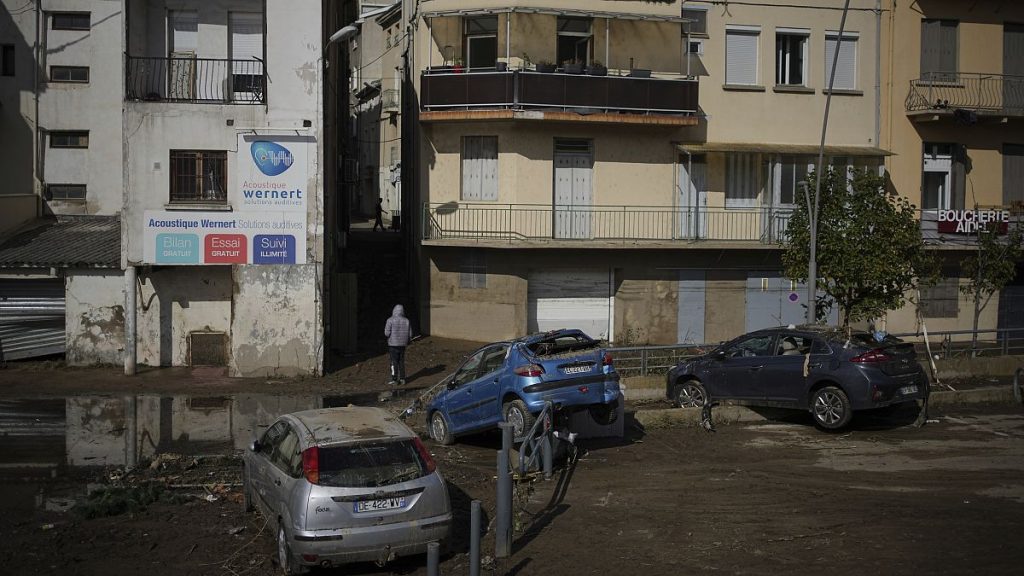France recently experienced some of the worst flooding in 40 years, caused by two days of torrential rain. The southern regions of Ardèche and Lozère were particularly affected, with up to 700 millimetres of rain falling in just 48 hours. Clean-up operations are currently underway, with over 2,300 rescue operations carried out by firefighters and other teams across the country. Prime Minister Michel Barnier emphasized the need for better preparation to face the increasing risks and disasters brought on by climate change. He highlighted the importance of European collaboration in anticipating and preparing for various types of crises, such as floods, tsunamis, earthquakes, and pandemics.
Barnier commended the use of an alert system called FR Alerte, which sent text messages to residents in affected areas, advising them to delay or cancel their plans and stay in a safe place. Over 1,000 people were evacuated from various regions, but most were able to return home on Friday. The National railway operator SNCF had to halt regional trains between Lyon and Saint-Étienne due to impassable tracks, with local train services expected to be disrupted for several days. A main highway between the two cities was also flooded and remained closed on Friday. Although Météo-France lifted its red alert for bad weather, there is still a warning of potential heavy rain and floods in southwestern areas.
The recent flooding in France highlights the need for better preparedness and coordination in the face of climate-related disasters. The extreme weather events seen in Ardèche and Lozère, with record-breaking rainfall, serve as a reminder of the increasing risks posed by climate change. Prime Minister Barnier stressed the importance of working together at the European level to anticipate and mitigate various types of crises, from natural disasters to terrorist threats. The effectiveness of the FR Alerte system in alerting residents and coordinating evacuations demonstrates the benefits of early warning systems in saving lives and minimizing damage.
The impact of the flooding on transportation networks in France further underscores the vulnerability of critical infrastructure to extreme weather events. The closure of regional train services and a major highway between Lyon and Saint-Étienne disrupted travel and economic activities in the affected areas. The long-term implications of such disruptions highlight the need for resilient infrastructure and contingency plans to deal with similar events in the future. The ongoing clean-up operations and restoration of transportation services will require coordinated efforts from various agencies and organizations to ensure a swift recovery for the affected regions.
The response to the flooding in France also raises questions about the country’s overall preparedness for future climate-related disasters. While the rescue operations were carried out efficiently and successfully evacuated a significant number of people, there is a need for enhanced disaster risk reduction strategies to mitigate the impact of such events. The government’s commitment to investing in prevention measures, as mentioned by Prime Minister Barnier, will be crucial in building resilience and reducing the economic and social costs of future disasters. Lessons learned from the recent flooding will inform future policies and initiatives aimed at strengthening France’s ability to cope with extreme weather events.
In conclusion, the recent flooding in France has highlighted the urgent need for proactive measures to address the growing risks of climate change-related disasters. The collaboration between different agencies and the effective use of alert systems during the crisis underscore the importance of preparedness and early warning in saving lives and minimizing damage. The challenges faced in restoring transportation services and infrastructure point to the need for resilient systems that can withstand extreme weather events. Moving forward, France will need to prioritize investments in disaster risk reduction and climate adaptation to ensure the safety and well-being of its citizens in the face of future environmental challenges.


